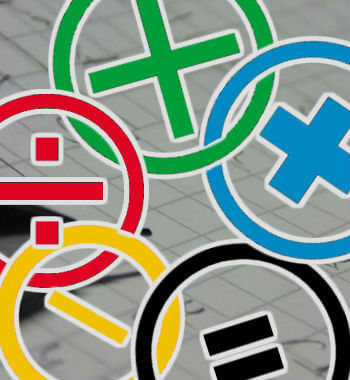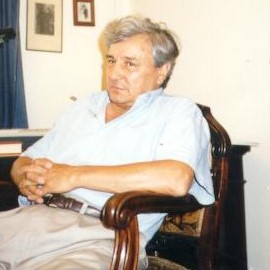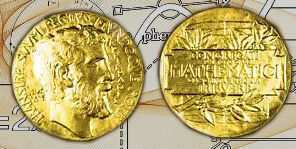
Among the most critical math competitions in the globe are the Mathematical Olympiads. That’s right; these are Olympic Games where skills in the math sector decide who gets to walk away being the winner. Participants in the games sit for math tests whose answers can either get written or chosen from a list of possible solutions.
There are various kinds of Olympiads available, and the difficulty depends on the school level of the participants. They start off at the elementary level and proceed onwards, up till the undergraduate stage, getting harder at every step.
In science, the study of topics such as space, structure, change, and quantity take the lead, and as a result of this, there are many efforts to introduce more of these into the competitions. Thanks to these introductions, more contests come up on a yearly basis, broadening the scope of questions to get asked.
Many math competitions exist, and some of the common ones include the Mathematical Kangaroo and the Mental Calculation World Cup. Of all the contests in the world, the one that stands out from the others most is the International Mathematical Olympiad, also known as the IMO. This competition has taken place annually ever since it came to be in the year 1959 and continues to attract participants from across the globe.
Of all the essential science contests held in the world, the IMO is the oldest to date. It comprises of six questions and gets administered to students who are yet to join college to test out their skills. The first of such competitions took place in Romania, and it was such a success that it ended up being a yearly event.
Each annum, countries all over the world will put together a team of participants for the contest which will consist of a team leader, six pre-college students, some observers as well as a deputy team leader. These groups get sent to the IMO where they get to come across problems such as pre-calculus, challenging algebra questions, equations, and geometry.
The difference between what questions teams get asked in such a contest and what they learn at school is that the former is not conventional. Since people are unaware of how deep the examination will get, they train hard for months, hoping to have covered all that they need for the big day.
Countries go about selecting teams for the contest in different ways. Most nations use the elimination process where they administer tests at each stage to sieve about participants until they get to a handful. With IMO, scores get given as per individual as opposed to the team’s effort and in the end; the top fifty students get awarded. This kind of point granting ensures that a student does not miss out on winning when other members of the team fail to do their best.
Unlike the IMO, this math competition takes place once every two years in Germany. It came to be in the year 2004, and it took over the contest industry by a storm. At first, the competition attracted seventeen participants from ten nations.
Various problems get tackled in the contest ranging from the addition of ten-digit numbers containing ten tasks in ten minutes to calendar calculations where two questions get solved within two minutes. Like the IMO, it has also grown in attendance, having had sixteen nations participate in the 2016 series.
We can only hope that more people gain interest in such contests which will propel our mathematical advancements.
Mathematics is a game played according
to certain rules with meaningless
marks on paper.
— David Hilbert

Honored for being the youngest mathematician ever to receive the Fields Medal

The first woman who received the Fields medal

An excellent Field Medalist whose significant contributions to Math are highly recognized

He is one of the people whose names are on people’s tongues when they talk of significant achievements.
The Nobel Prize For Mathematics

Mathematicians can showcase skills so excellent that they end up bagging a ‘Nobel Prize’ in honor of their tremendous achievements in the math sector. The International Congress of the IMU (International Mathematical Union) awards this tribute to an exceptional mathematician every four years.
The award gets given to mathematicians who are not yet forty years old, and as many as four people can get the honor at a go. The prize-giving ceremony takes place when the IMU hold a meeting every fourth year to celebrate the milestones made in math.
For mathematicians, receiving of such a prize is a great honor. In fact, other than being a recipient of the Abel Prize, no other award can match the Fields Medal. As such, recipients of such honors get highly respected amongst the math circles, and their work gets a lot of praise all over the world. (read more...)




